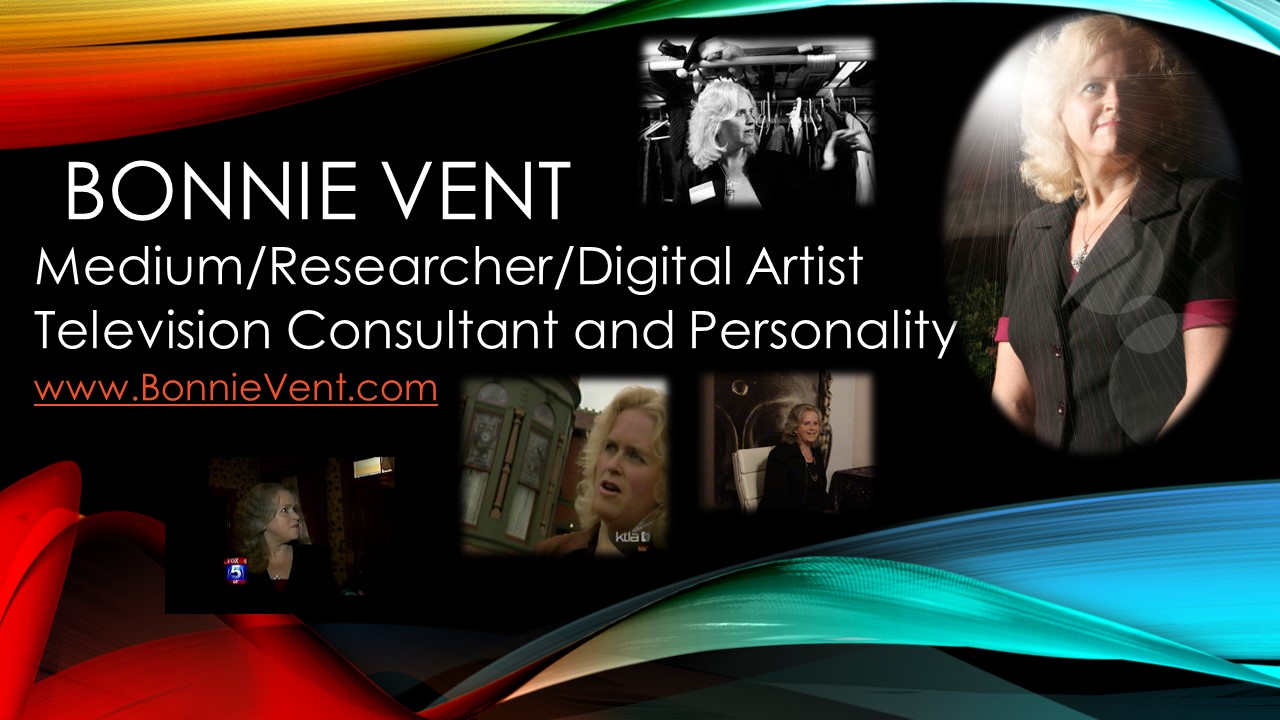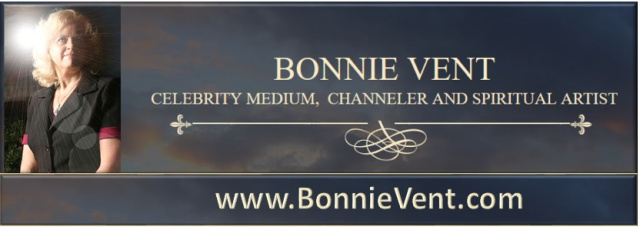
Dr. Conrad Murray, right, the personal physician of Michael Jackson, with attorney Edward Chernoff. Lawyers in Murray's involuntary manslaughter trial will be narrowing a field of 145 potential jurors to a dozen. (Irfan Khan / Los Angeles Times)
|
If, as is often said, trials are won or lost in the selection of jurors, the fate of Michael Jackson's doctor may be sealed Friday when a pool of prospective jurors is narrowed to a dozen.
That jury is expected to spend about five weeks hearing testimony about the music icon's final days and the culpability of Dr. Conrad Murray, Jackson's $150,000-a-month personal physician who gave him the surgical anesthetic propofol as a sleep aid.
The approximately 145 potential jurors are already well-known to both sides, thanks to what the judge in the case has called "the most complete questionnaire ever" — 32 pages of questions about their background, job history, views of Jackson and exposure to the media coverage of his 2009 overdose. In an initial screening earlier this month, every potential juror said they had some knowledge of the involuntary manslaughter case against Murray.
Because the questionnaire is so thorough, Superior Court Judge Michael Pastor has said he will allow attorneys only half the normally allotted time to question the would-be jurors as a group in court.
With less than a minute per potential juror, lawyers are likely to have decided beforehand "whether they want to keep them or get rid of them," said Richard Hirschorn, a veteran Texas jury consultant.
Murray's defense lawyers retained an unidentified jury consultant to help evaluate the questionnaires. The prosecutor's office has used such consultants in the past but elected not to this time.
"It's very lean times for public prosecutors' offices," said Sandi Gibbons, a spokeswoman for the district attorney's office.
In evaluating the questionnaires, experts said, both sides are likely to home in on the questions they care about most. Hirschorn said prosecutors might focus on what jurors wrote about their experiences with doctors and prescription drugs. Particularly revealing, he said, was the question, "Has a physician ever refused to prescribe a medication that you specifically requested?"
"That's the prosecution case in one sentence — Murray should have said no" to his famous patient, Hirschorn said. People who have been turned down by doctors may be more critical of Murray's acquiescence: "I'm putting them on the jury 99 out of 100 times," he said.
Questions about how closely they followed other high-profile legal cases, including the recent Casey Anthony murder trial in Florida, might draw close scrutiny also, said Richard Gabriel, a jury consultant who worked for music producer Phil Spector's murder defense. He said jurors interested in true crime stories covered obsessively by such cable news hosts as Nancy Grace "tend to be pretty pro-prosecution."
Justice, on such programs, "has become code for conviction," he said.
Attorneys might also zero in on potential jurors' experiences with drug and alcohol addiction, the subject of three questions. Hirschorn said people who have dealt with substance abuse would probably be more open to Murray's claim that Jackson begged for propofol and gave himself the fatal dose.
"If they know somebody who has been addicted, then they know that person will do whatever they have to to get drugs," Hirschorn said.
Legal teams typically rank jurors from one to five based on their answers and information turned up by Internet or public searches. In court Friday, experts said, both sides are likely to focus on the jurors they rank as ones — the worst for their case.
"It's not a matter of picking the people you want. It's really a de-selection process: getting rid of the worst of the worst and hoping the ones that are left can be fair," said Hirschorn, who worked for the defense in the William Kennedy Smith rape trial in the early 1990s.
Both sides can excuse 10 potential jurors without giving a reason. Additionally, they can ask the judge to remove anyone who shows bias.
But Howard Varinsky, the jury consultant for prosecutors in the trials of Scott Peterson and Martha Stewart, said the short time for questioning jurors in Murray's case will probably hurt lawyers' attempts to tease out bias.
"It usually takes about five, six … minutes" of questioning, Varinsky said. "When you've got one minute, you can't do it. You're handcuffed."
The limited time also constrains follow-up questions, such as in the case of jurors who check a box identifying themselves as Jackson fans, Gabriel said.
"You don't know if that means 'I've seen every concert and own every album' or 'I just really liked "Thriller,"'" he said.
Los Angeles Times staff writer Victoria Kim contributed to this report.
harriet.ryan@latimes.com
That jury is expected to spend about five weeks hearing testimony about the music icon's final days and the culpability of Dr. Conrad Murray, Jackson's $150,000-a-month personal physician who gave him the surgical anesthetic propofol as a sleep aid.
The approximately 145 potential jurors are already well-known to both sides, thanks to what the judge in the case has called "the most complete questionnaire ever" — 32 pages of questions about their background, job history, views of Jackson and exposure to the media coverage of his 2009 overdose. In an initial screening earlier this month, every potential juror said they had some knowledge of the involuntary manslaughter case against Murray.
Because the questionnaire is so thorough, Superior Court Judge Michael Pastor has said he will allow attorneys only half the normally allotted time to question the would-be jurors as a group in court.
With less than a minute per potential juror, lawyers are likely to have decided beforehand "whether they want to keep them or get rid of them," said Richard Hirschorn, a veteran Texas jury consultant.
Murray's defense lawyers retained an unidentified jury consultant to help evaluate the questionnaires. The prosecutor's office has used such consultants in the past but elected not to this time.
"It's very lean times for public prosecutors' offices," said Sandi Gibbons, a spokeswoman for the district attorney's office.
In evaluating the questionnaires, experts said, both sides are likely to home in on the questions they care about most. Hirschorn said prosecutors might focus on what jurors wrote about their experiences with doctors and prescription drugs. Particularly revealing, he said, was the question, "Has a physician ever refused to prescribe a medication that you specifically requested?"
"That's the prosecution case in one sentence — Murray should have said no" to his famous patient, Hirschorn said. People who have been turned down by doctors may be more critical of Murray's acquiescence: "I'm putting them on the jury 99 out of 100 times," he said.
Questions about how closely they followed other high-profile legal cases, including the recent Casey Anthony murder trial in Florida, might draw close scrutiny also, said Richard Gabriel, a jury consultant who worked for music producer Phil Spector's murder defense. He said jurors interested in true crime stories covered obsessively by such cable news hosts as Nancy Grace "tend to be pretty pro-prosecution."
Justice, on such programs, "has become code for conviction," he said.
Attorneys might also zero in on potential jurors' experiences with drug and alcohol addiction, the subject of three questions. Hirschorn said people who have dealt with substance abuse would probably be more open to Murray's claim that Jackson begged for propofol and gave himself the fatal dose.
"If they know somebody who has been addicted, then they know that person will do whatever they have to to get drugs," Hirschorn said.
Legal teams typically rank jurors from one to five based on their answers and information turned up by Internet or public searches. In court Friday, experts said, both sides are likely to focus on the jurors they rank as ones — the worst for their case.
"It's not a matter of picking the people you want. It's really a de-selection process: getting rid of the worst of the worst and hoping the ones that are left can be fair," said Hirschorn, who worked for the defense in the William Kennedy Smith rape trial in the early 1990s.
Both sides can excuse 10 potential jurors without giving a reason. Additionally, they can ask the judge to remove anyone who shows bias.
But Howard Varinsky, the jury consultant for prosecutors in the trials of Scott Peterson and Martha Stewart, said the short time for questioning jurors in Murray's case will probably hurt lawyers' attempts to tease out bias.
"It usually takes about five, six … minutes" of questioning, Varinsky said. "When you've got one minute, you can't do it. You're handcuffed."
The limited time also constrains follow-up questions, such as in the case of jurors who check a box identifying themselves as Jackson fans, Gabriel said.
"You don't know if that means 'I've seen every concert and own every album' or 'I just really liked "Thriller,"'" he said.
Los Angeles Times staff writer Victoria Kim contributed to this report.
harriet.ryan@latimes.com


